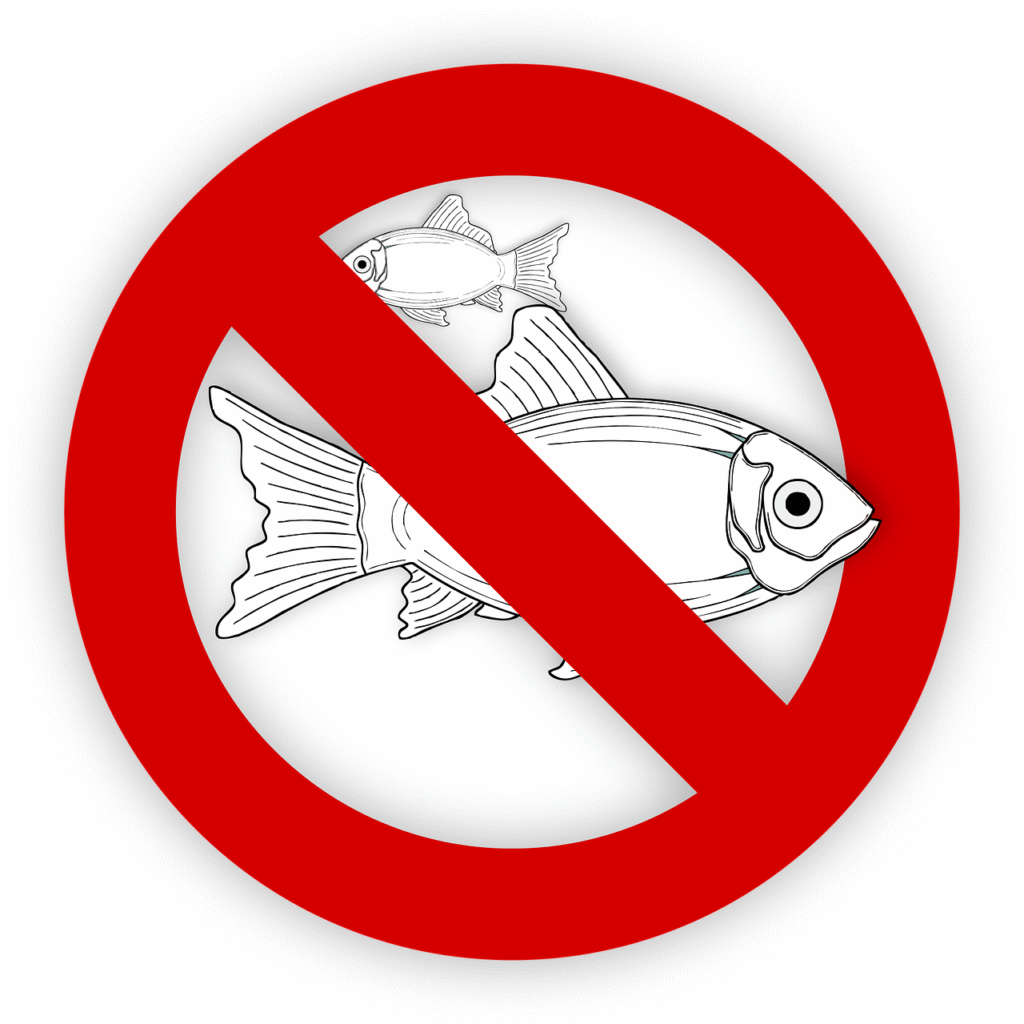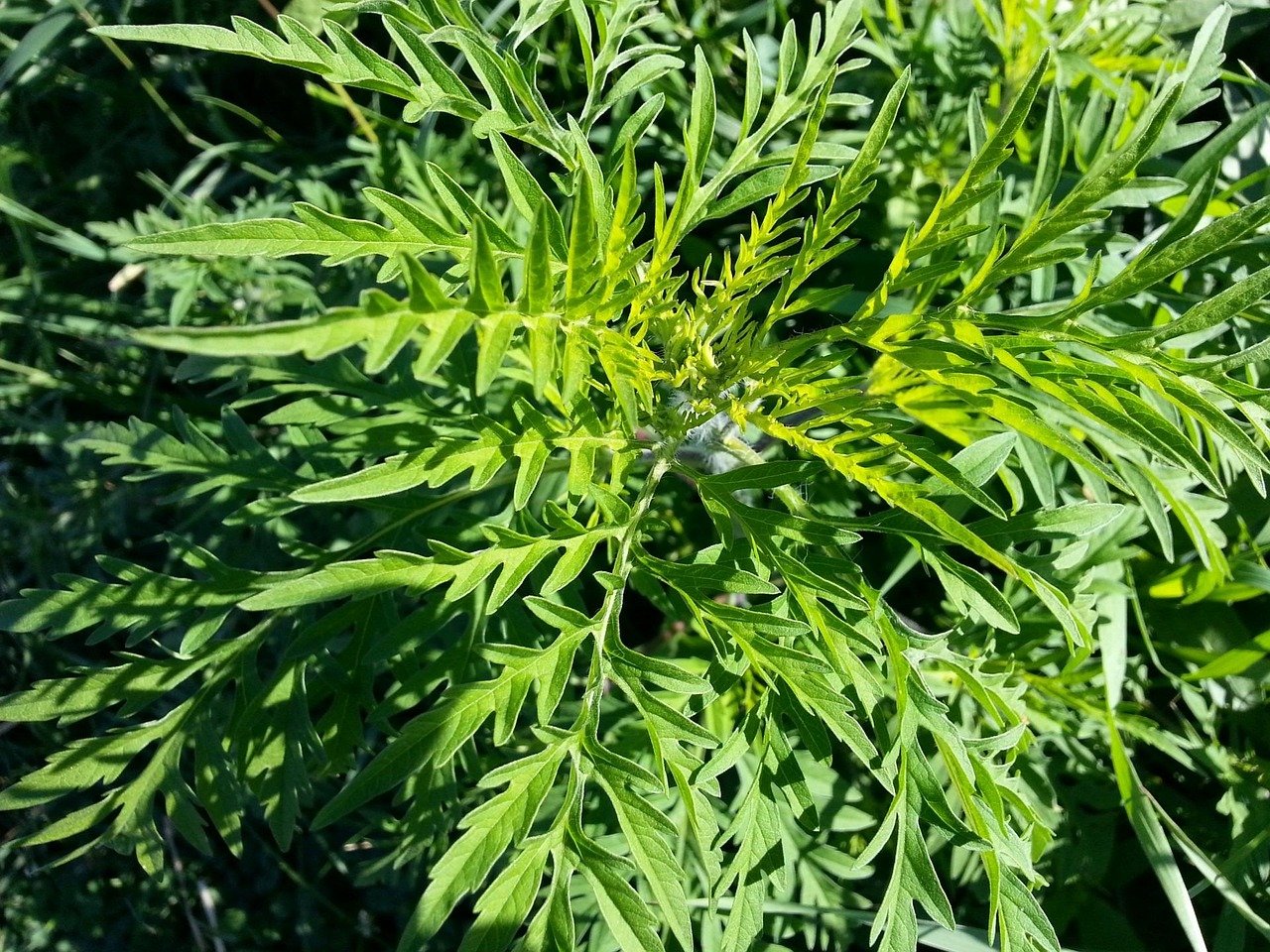Have you ever wondered if an icy dip might help soothe your pesky allergy symptoms? You’re not alone in that thought. Many people are searching for effective ways to manage seasonal allergies without heavily relying on medication, and the cold plunge trend has caught some attention. But can plunging into cold water actually alleviate your allergy woes? Let’s break it down together.
Understanding Allergies
Before jumping into cold plunges, let’s first understand what allergies are. Allergies occur when your immune system reacts to a foreign substance—like pollen, dust mites, or pet dander—as if it were a threat. This reaction leads to various symptoms that can be quite uncomfortable.
Common Symptoms of Allergies
Your symptoms can vary based on what you’re allergic to, but some common ones include:
- Sneezing: A classic reaction to irritants.
- Itchy or watery eyes: Your body’s way of trying to flush out allergens.
- Runny or stuffy nose: Allergens can cause your nasal passages to swell.
- Skin rashes: In some cases, contact with allergens can lead to skin irritation.
- Coughing: Often due to post-nasal drip from a runny nose.
What Causes These Symptoms?
When your body encounters an allergen, it releases histamines and other chemicals that trigger inflammation. This inflammation is what leads to the many annoying symptoms you might experience.
Traditional Treatments for Allergies
Many people turn to over-the-counter medications or prescriptions to manage their symptoms. Antihistamines, decongestants, and nasal sprays are commonly used for symptomatic relief. While effective, these can come with side effects and don’t always provide permanent relief.
The Cold Plunge Phenomenon
You might have heard about cold plunges making waves in fitness routines and wellness communities. But what exactly are they? Cold plunges involve immersing yourself in cold water, often thought to provide a variety of health benefits.
What is a Cold Plunge?
Simply put, a cold plunge is a quick immersion in cold water. It can be done in a specially designed plunge pool, a cold shower, or even a natural body of cold water. The temperature typically hovers around 50°F (10°C) or lower.
Potential Benefits of Cold Plunges
So, what makes cold plunges so intriguing? Here are some purported benefits:
| Benefit | Description |
|---|---|
| Reduced Inflammation | Cold exposure may help cool down inflammation in your body. |
| Improved Circulation | Immersion in cold water can stimulate blood flow as your body works to maintain its temperature. |
| Enhanced Recovery | Athletes often use cold plunges to recover from intense workouts. |
| Mental Clarity | Cold exposure can boost alertness, giving you a mental jolt. |
The Science Behind Cold Exposure
The science of cold exposure is still being researched, but preliminary studies have indicated that cold water immersion can influence your body’s biology.
- Norepinephrine Release: Cold exposure increases the hormone norepinephrine, which can provide mood-lifting effects.
- Immune Response: Improved immune function has been observed in some studies, which raises questions about its potential role in alleviating allergy symptoms.
- Stress Reduction: Cold exposure may help the body manage stress more effectively, potentially impacting allergy severity.

Cold Plunges and Allergy Symptoms
Now, let’s get to the heart of the matter: Can this chilly experience really help reduce allergy symptoms? To answer that question, we need to dig into both subjective and objective incident reports, along with some scientific insights.
The Anti-Inflammatory Effects
As previously mentioned, cold plunges have the potential to reduce inflammation. Since inflammation is central to most allergy symptoms, it stands to reason that cold exposure could help ease your discomfort.
- Decreasing Swelling: If your allergy symptoms include nasal swelling, the anti-inflammatory properties of cold water might provide some relief.
- Soothe Itchy Skin: Cold water can numb the skin temporarily, offering a reprieve from rashes and itchiness caused by allergic reactions.
Short-Term Benefits
Most people who swear by cold plunges report feeling a sense of relief after the experience, albeit temporary. While these short-term effects could soothe your symptoms, they might not replace long-term strategies.
Psychological Benefits
The mental clarity and rush that often follow a cold plunge could be beneficial in a non-physical way. It could help improve your mood, which sometimes takes a hit when allergies are acting up. If you feel better mentally, you may be able to cope with the physical symptoms of allergies more effectively.
Collaboration with Traditional Treatment
If you’re currently managing your allergy symptoms with medication, incorporating regular cold plunges could be an additional tool in your process. Rather than seeing it as a solution to replace your medicines, you might find it beneficial to use cold exposure alongside them.
How to Get Started with Cold Plunges
If you’re intrigued by the idea of giving cold plunges a try, you may be wondering how to start.
Safe Practices
-
Consult with a Doctor: If you have pre-existing health conditions, especially any cardiovascular issues, consult a healthcare professional before trying cold exposure.
-
Start Slow: Don’t jump into freezing water right off the bat. Start with cool water for a few minutes and gradually decrease the temperature as your body acclimates.
-
Limit Exposure: General recommendations suggest not exceeding 10-15 minutes for each plunge, but listen to your body and adjust accordingly.
At-Home Cold Plunge Alternatives
- Cold showers: Adjust your shower temperature to cold for a few minutes.
- Ice baths: Fill a bathtub with cold water and add ice. If you don’t want to fill your tub, use a large container and sit in it (with appropriate care).
- Natural bodies of water: If you have access to a river or the ocean during colder months, consider taking a dip.
Frequency
The frequency of your cold plunges can vary based on preference and your body’s response. Some people find daily plunges beneficial, while others might stick to a few times a week.

Personal Anecdotes and Experiences
Let’s take a moment to share some personal stories for context. Many people who have experimented with cold plunges while dealing with allergies have shared mixed results.
Positive Reviews
Some individuals report that after a cold plunge, their sinus inflammation decreased significantly, allowing them to breathe easier for a few hours. Similarly, those who suffer from skin reactions state that cold exposure alleviated itchiness and irritation instantly.
Cautionary Tales
On the flip side, there are also individuals who didn’t experience any relief or even felt overwhelmed by the cold, especially during the initial exposure. Remember, you have to listen to your body. If cold plunges leave you feeling worse, it may not be the right choice for you.
A Holistic Approach to Allergy Management
While cold plunges seem to hold some potential in helping with allergy symptoms, it’s important to adopt a comprehensive approach to allergy management.
Lifestyle Modifications
-
Diet adjustments: Consider incorporating anti-inflammatory foods into your diet to reduce allergy symptoms.
-
Air Filters: Using HEPA filter air purifiers can help reduce indoor allergens.
-
Consulting an Allergist: Getting professional advice on your specific allergies can provide targeted treatment options.
Mind-Body Techniques
Consider integrating practices like yoga and mindfulness into your routine to manage stress levels that can exacerbate allergy symptoms.
Combining Treatments
Cold plunges could serve as a complementary method in your overall allergy management plan. Just don’t rely solely on them without considering other options.

Conclusion
So, can cold plunges help reduce your allergy symptoms? While they can offer some immediate relief through anti-inflammatory and psychological benefits, they likely won’t be a comprehensive solution on their own. Think of them as a refreshing addition to your toolbox of allergy relief strategies.
With a bit of exploration and some trial and error, cold plunges could become a valued part of your self-care routine, easing your symptoms just enough for you to enjoy the outdoors again. Just don’t forget to listen to your body and remain open about what works best for you.

